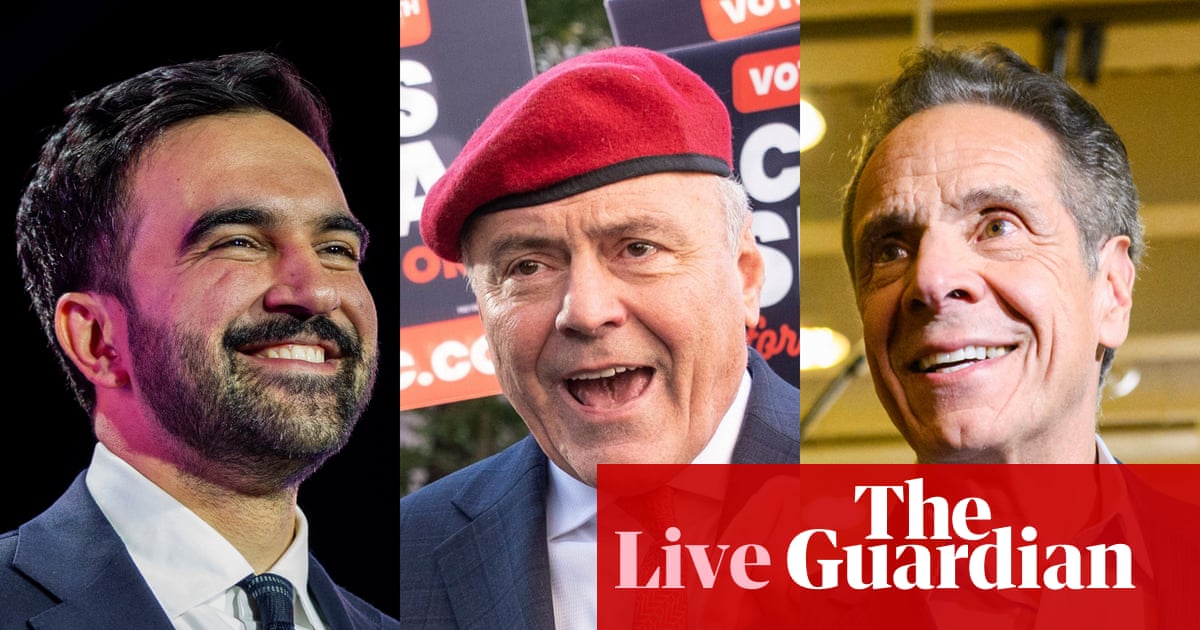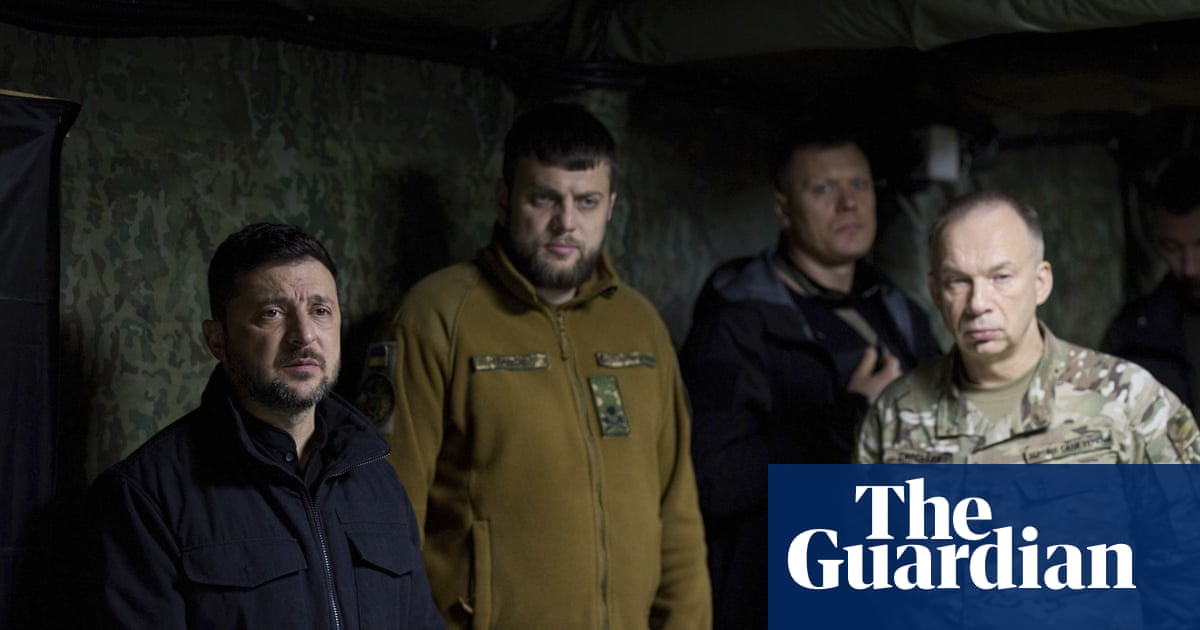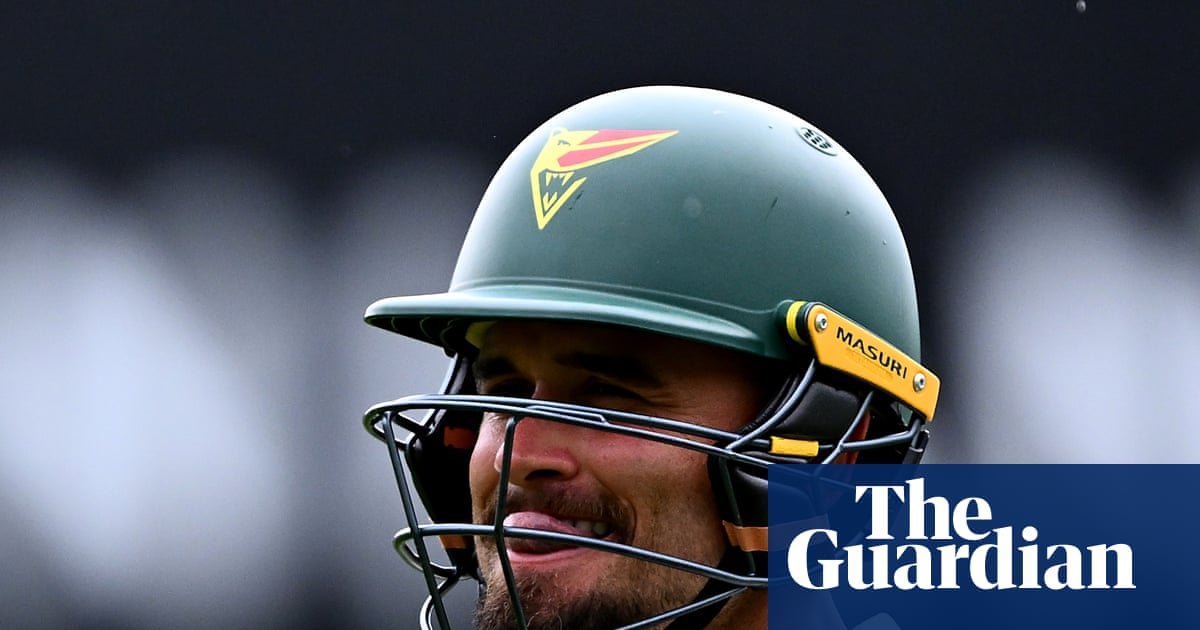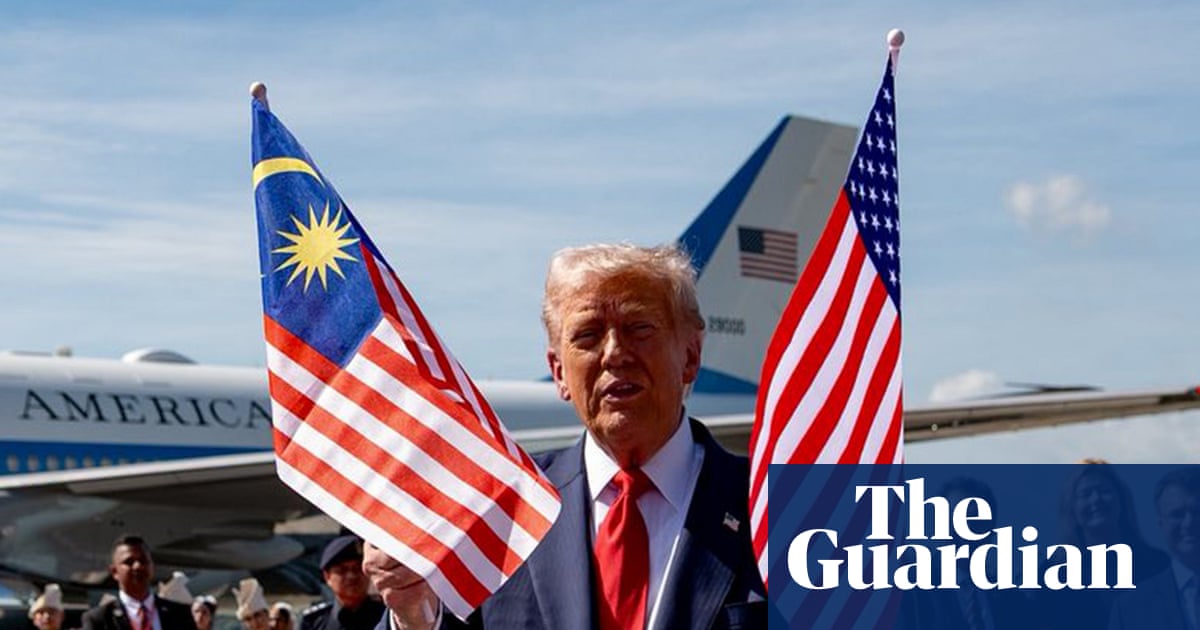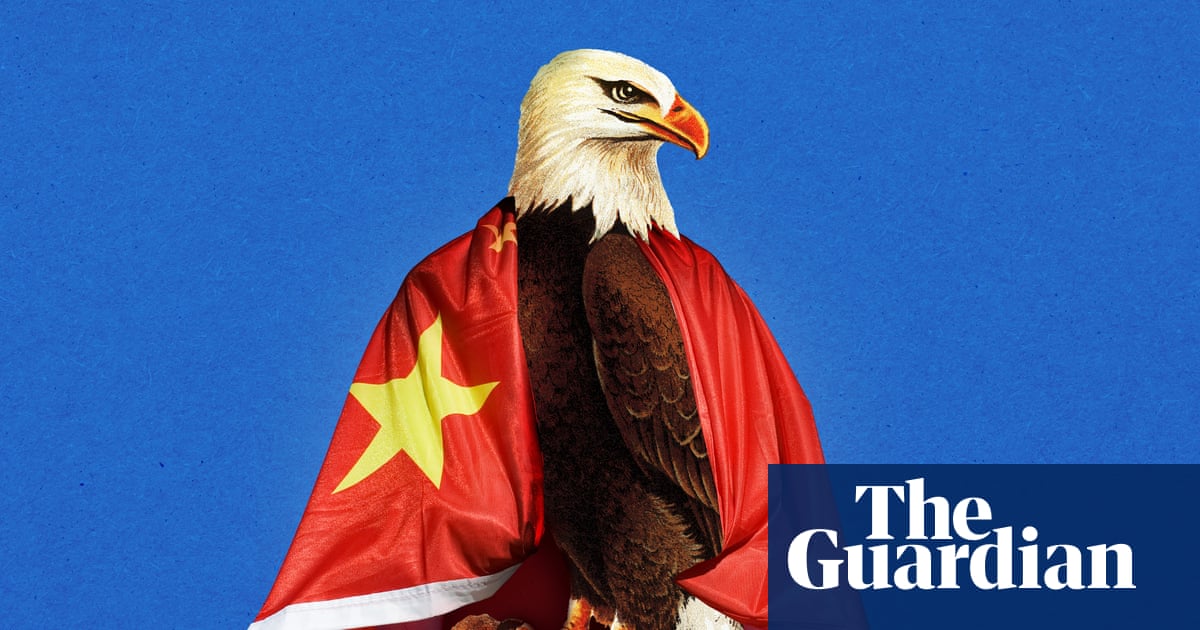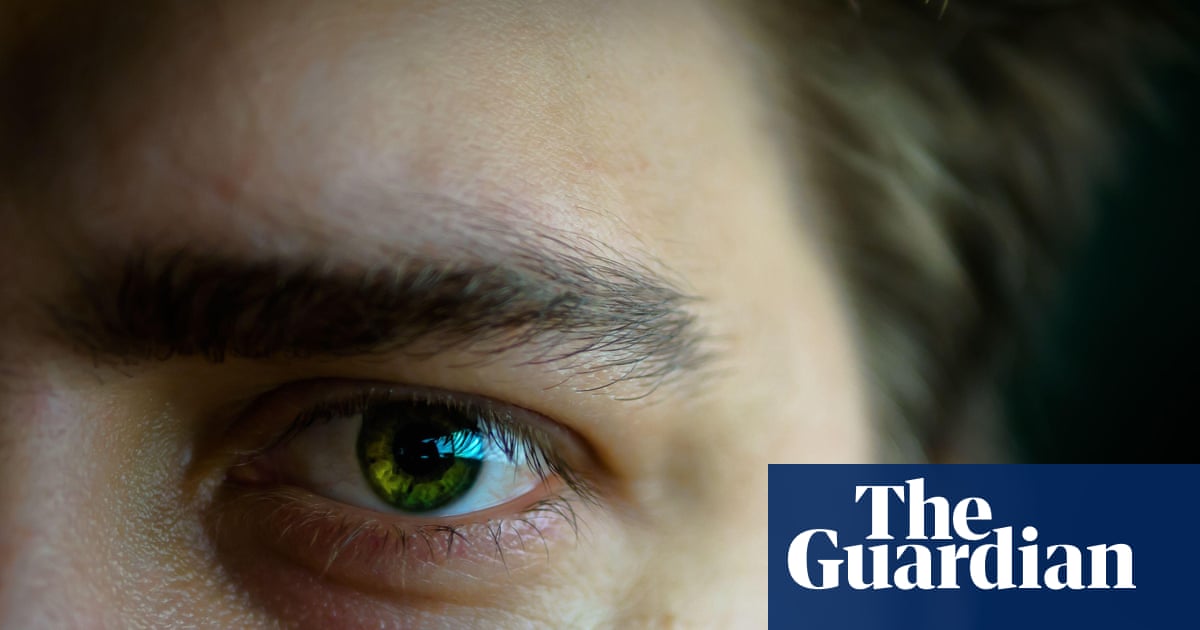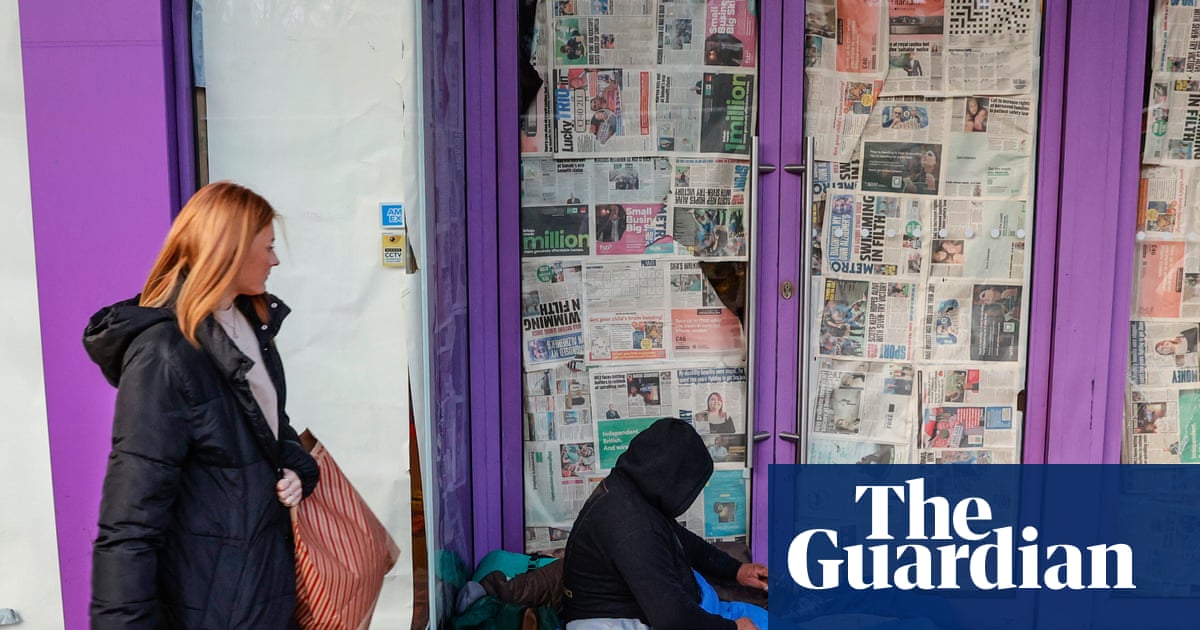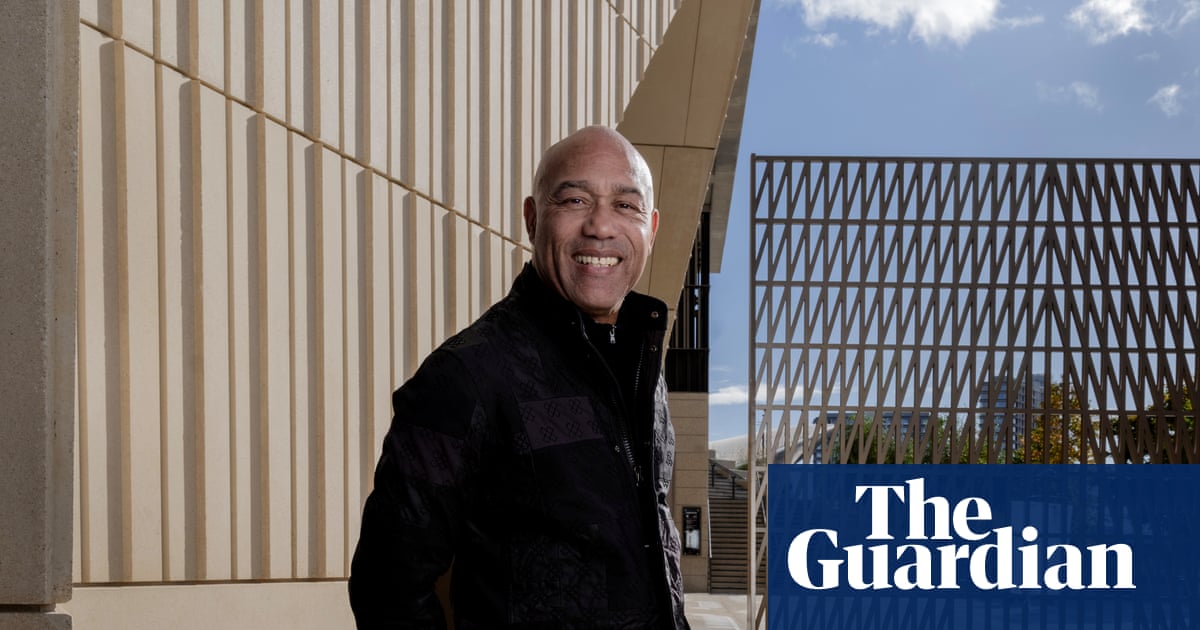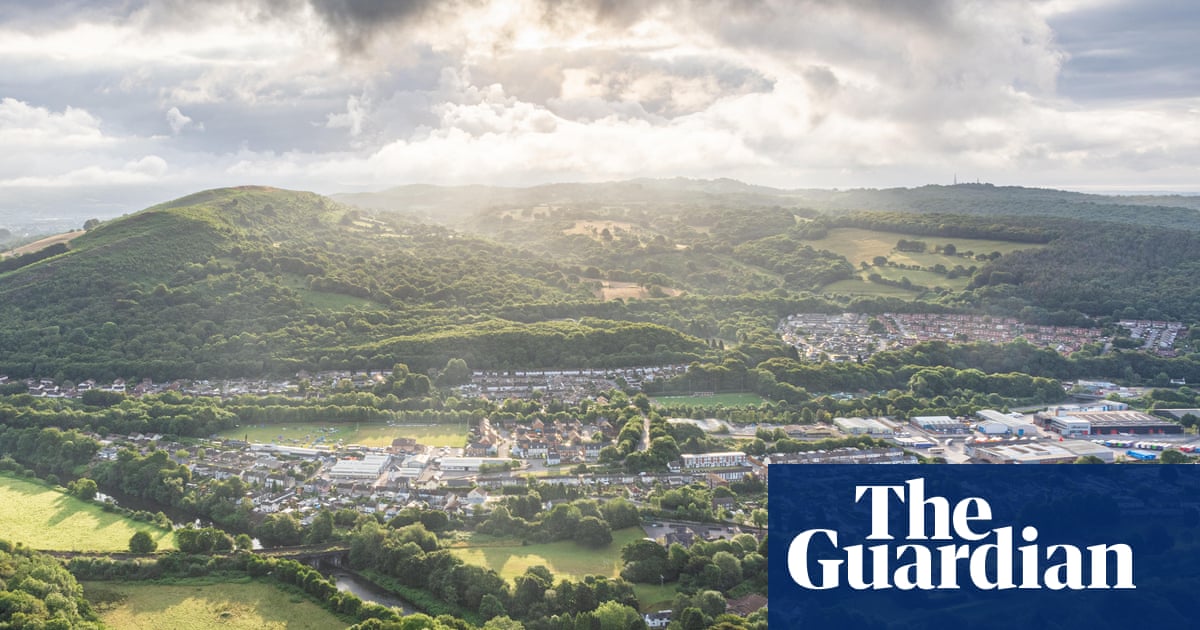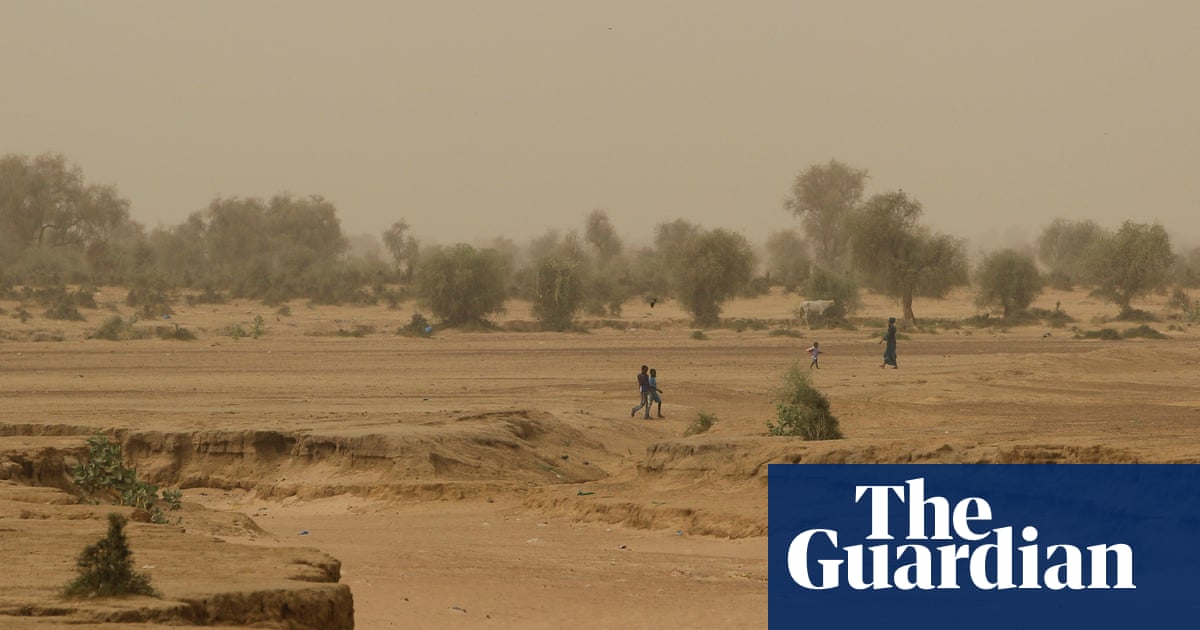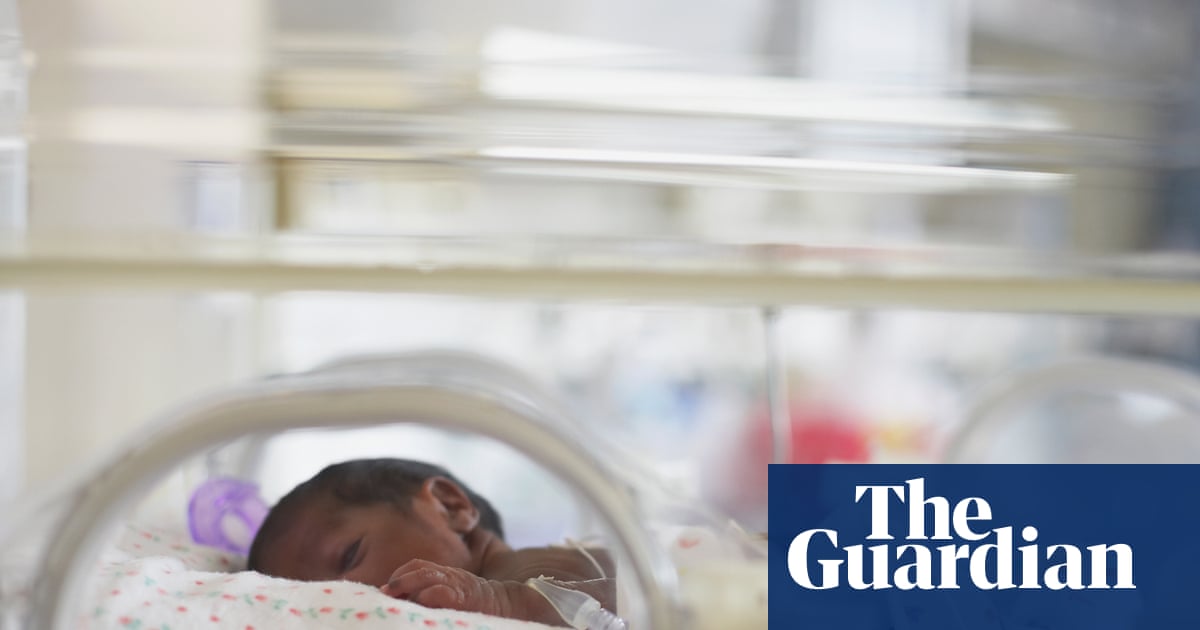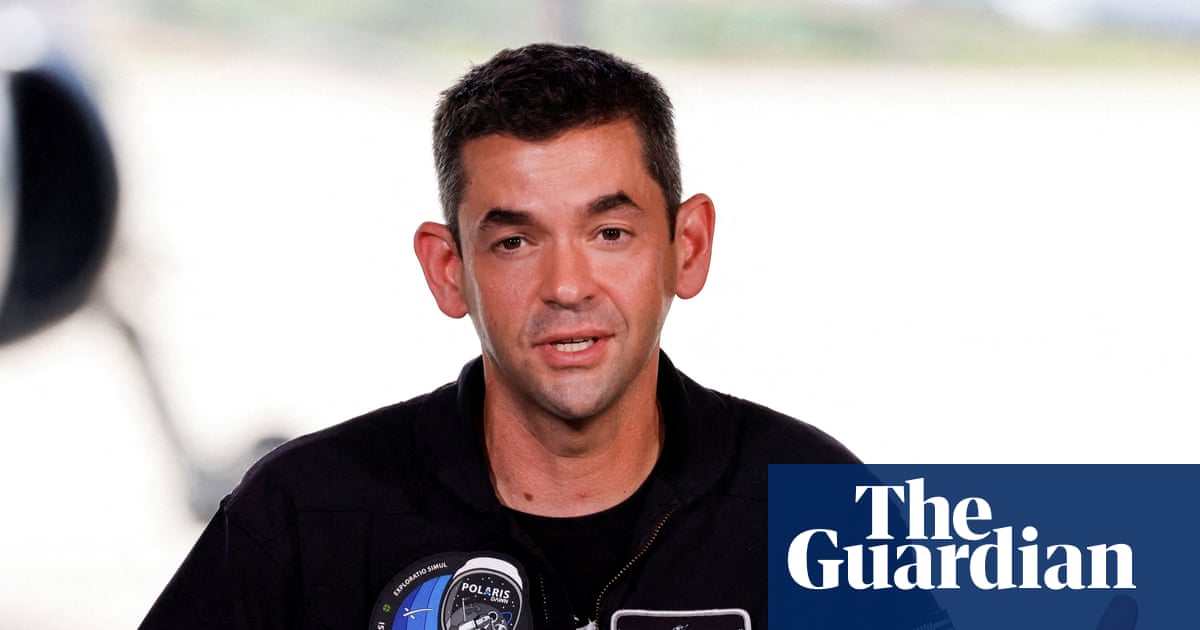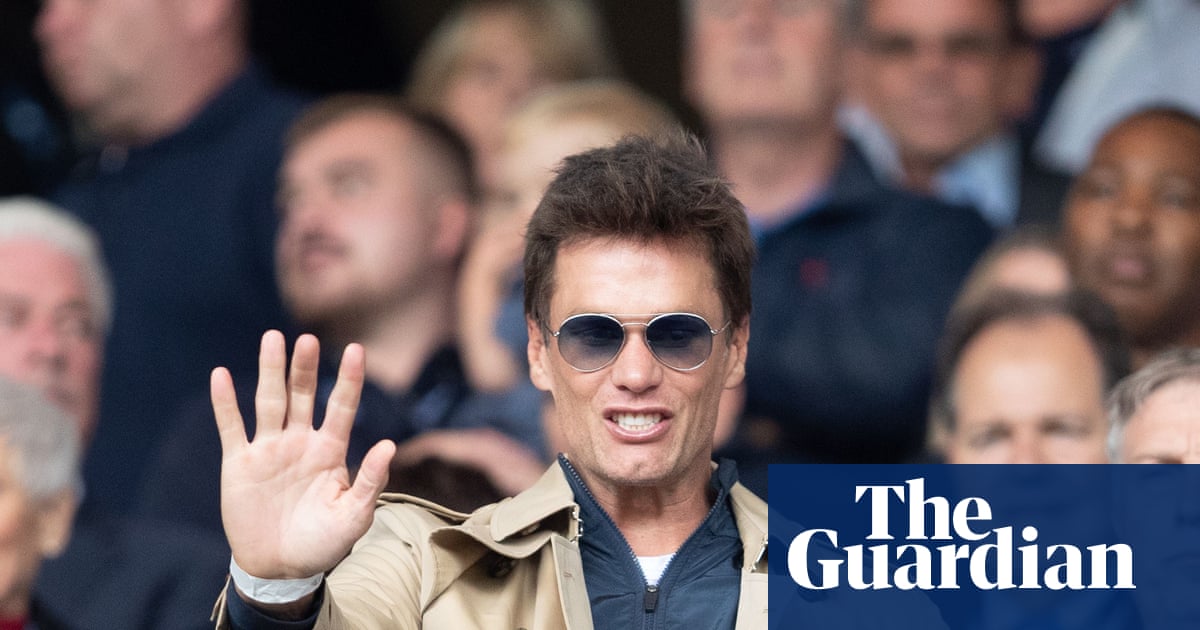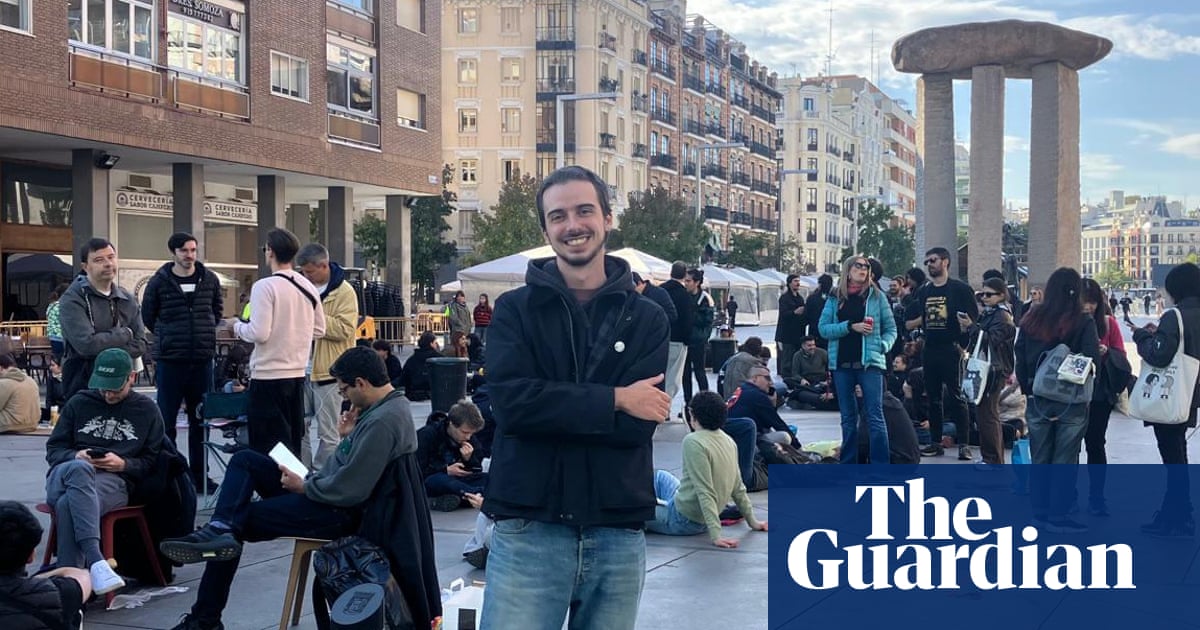Being a Palestinian under Israeli occupation will not help someone make a good film, according to Rashid Masharawi, but a good film-maker will help Palestine.
With his anthology film From Ground Zero (in Arabic: From Zero Distance) he attempts to do just that by bridging the space between the Palestinians in Gaza who have endured a campaign of annihilation behind closed doors to those around the world watching as an incomprehensibly vast tragedy unfolds in real time.
The result is a collection of 22 shorts by Palestinian film-makers, ranging from documentary to vignettes and animation, which turns our attention not only to the past – and to the unrelenting violence of the present, when the death toll in Gaza continues to climb – but also to the future and what cannot be taken.
“Cinema can protect memory and can keep Palestinians on the ground because films are like dreams, ideas. Nobody can occupy dreams. Nobody can occupy ideas. Nobody can occupy memory … Nobody can occupy your imagination,” said Masharawi in an interview in London ahead of the film’s release in UK cinemas on 12 September.
“We have to be optimistic. We have to tell the people: ‘Tomorrow it’s a better day. Keep dancing, keep creating, keep making films, because it means you have the future.’”
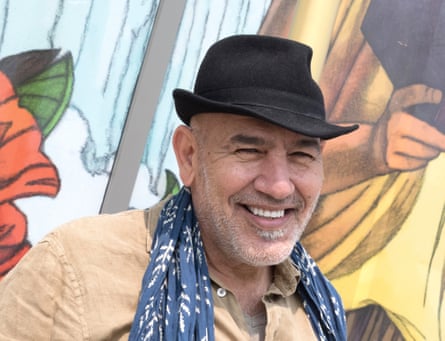
In a poignant start, we see in Selfie by Reema Mahmoud a woman compose a letter to an unknown friend that by the end is a message in a bottle cast into the sea. In Soft Skin, Khamis Masharawi captures young children learning stop animation to convey the horrors of parents inscribing their limbs with their names should a bomb hit.
But there are moments of dark humour too in Hell’s Heaven as the narrator wakes up in a body bag. Only one film, Taxi Wanissa, is left incomplete as director Etimad Washah appears with a testimony partway through: with the death of her brother and his children, she could not continue.
In the anthology – which was Palestine’s official entry to the 2025 Academy Awards – we see as people forge ahead despite being beset with new, unimaginable realities. And yet with the persistent buzzing of drones overhead, people continue to dance. In a sky that often rains bombardments and less often aid, children still fly kites. The weight of books left behind is measured against that of grief, and the sea is described to us as the only horizon. Drum sets are made from empty food tins, tea is shared, songs are still sung.
The films are noticeably devoid of the images of violence and maimed bodies that have poured out of Gaza for nearly two years – which made it “possible for people to watch and deal with” these films, added Masharawi.
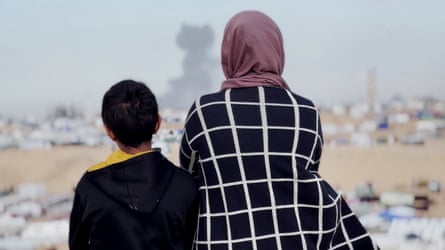
Filming months after 7 October and into 2024, film-makers became both the storytellers and the story. Thoughts of cinema were difficult to prioritise when refuge, food, loss and trauma took precedence under bombardment. When electricity was cut in the enclave it was impossible to charge equipment, and at times days passed with no communication.
The process was difficult, admitted Masharawi, not just as a Palestinian born in the al-Shati refugee camp in Gaza, but as a human being. It means having to face all that Israel is doing, he said, and with members of his own family killed and homes destroyed, it’s very difficult, he added, to always share personal stories.
“I believe in the power of the cinema, the image, the culture, the documentation,” said Masharawi resolutely. “It’s very important because people get used to, with time, slowly, the images they are watching on televisions. It’s the same. They see explosions, they see ambulances, they see martyrs.
“This reminds them who they are, these people you are discussing. It’s very important,” he added.
If the film serves to remind us of the lives behind the more than 64,000 killed in Gaza, it also reminds us of the attempts made to silence Palestinian voices.
In July, Palestinian activist Awdah Hathaleen was killed by an extremist Jewish settler in the West Bank after working on the filming of the Oscar-winning documentary No Other Land. The industry itself has seen a shift over time – “very late”, adds Masharawi – as a growing chorus of film professionals calls for boycotts and signs open letters condemning the worsening humanitarian crisis.
“Some things,” said Masharawi, “if it comes late, it’s better than if they did not come at all.”
But the tide of public opinion has held little sway over Masharawi, who since becoming the first Palestinian to show a feature at Cannes with Haifa in 1996, returned to Cannes in 2024 in protest. After organisers expressed their desire to keep politics out of the event, Masharawi staged tents like those in Gaza and screened From Ground Zero.
“It’s very important,” he tells me, “to make the films for life, for tomorrow – to make it with hope.”

 1 month ago
52
1 month ago
52
